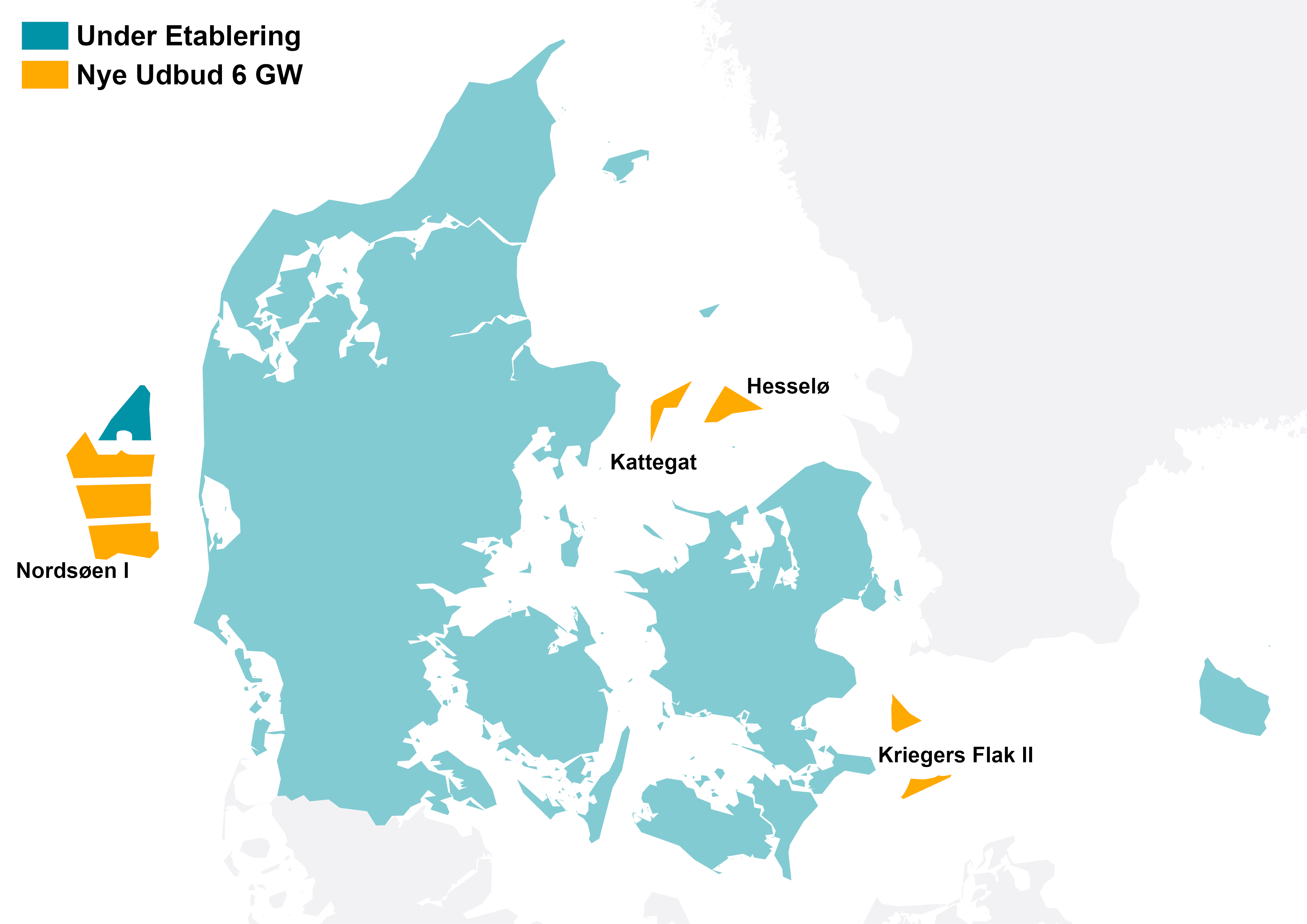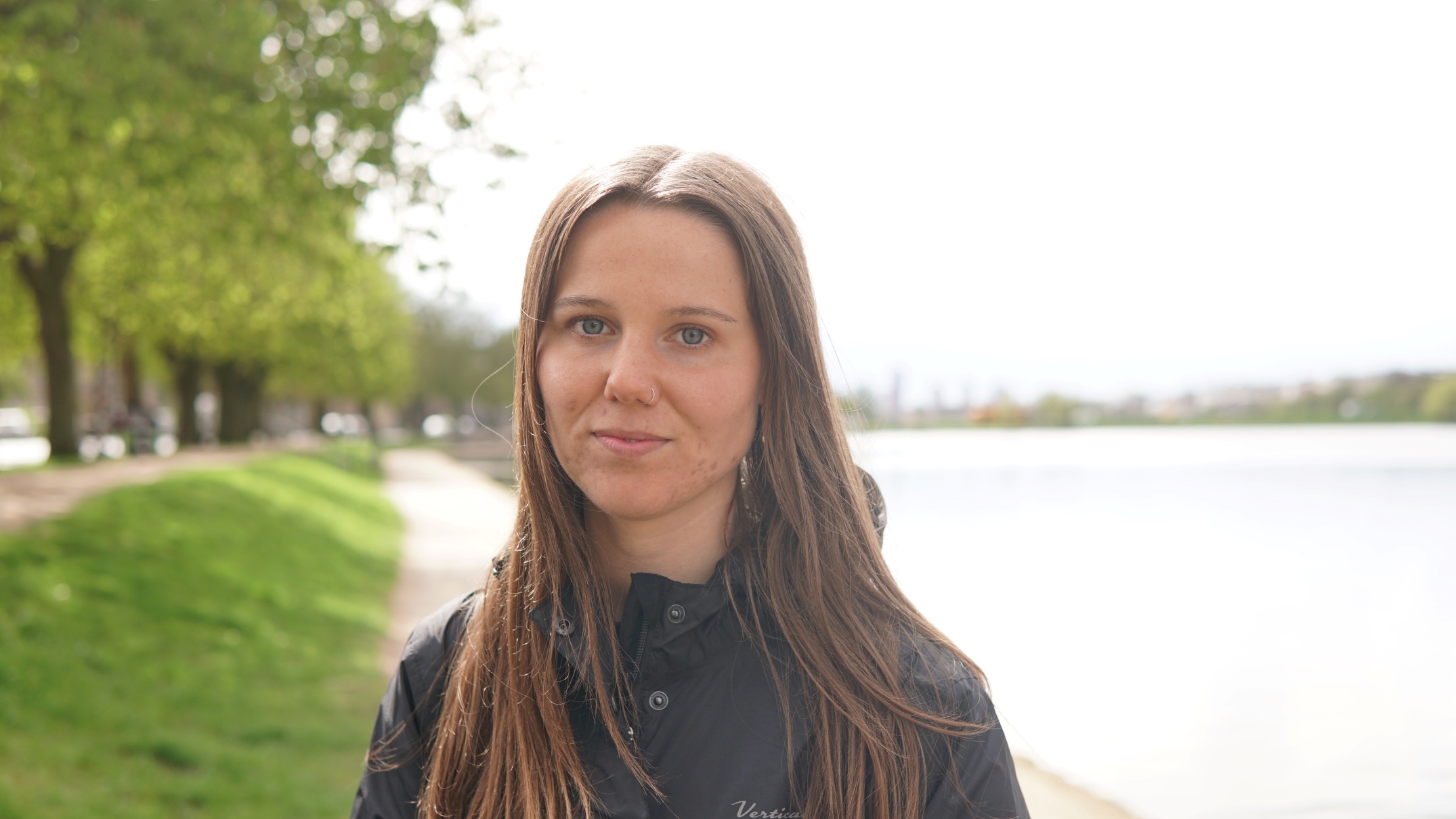Given his recent endeavours, Lego might one day toast the moment that Amir Asor, a young Israeli entrepreneur, started looking at their bricks from a different perspective. Asor has spent the last five years developing an extracurricular programme that strives to make engineering fun for children by using Lego as a teaching tool. Given its initial popularity in the countries where it has been used, the initiative that Asor refers to as ‘edutainment’ could one day prove to be extremely lucrative for the Danish toy manufacturer.
Edutainment is a portmanteau of ‘education’ and ‘entertainment’, which form the cornerstones of Asor’s business. “There is a synergy between these two things,” he told The Copenhagen Post when we met him following his appearances at several schools across Copenhagen, including CIS and Rygaards in Hellerup. “One plus one equals three, not two.”
Asor founded Young Engineers in 2007. After battling disillusionment with his studies throughout his childhood as a result of learning difficulties, he was motivated to ensure that others wouldn’t have to share his struggles. His company creates lesson plans of varying levels of complexity, each of which demonstrate different scientific and engineering principles. There are about 150 designs in all, and the same Lego kit can be used for multiple lesson plans. The kits are currently assembled by Young Engineers, but a deal with Lego could see that change in the future.
“When I was a child, I had many learning difficulties and I really wanted to succeed,” Asor said as he began the story of how his company was founded.
Asor was injured while serving in the Israeli Army, where he was a volunteer for a rescue unit. His injuries led to a year of recovery, which he spent at home in Rehovot, a city close to Tel Aviv. It was during this year that Asor had time to reflect upon the roots of his childhood learning struggles.
After recovering, Asor attended the Open University, graduating with degrees in computer science and economics. With his diplomas came an epiphany: by finishing something that he had once believed impossible, Asor realised that he did not have any real learning difficulties.
“I realised I should not give up,” he said.
While volunteering with children after graduating from university, Asor was struck by the idea to write programmes that could capture the minds of children in order to transform learning from a boring chore to a stimulating activity. His programmes were massively successful.
“I realised that not being able to recruit enough engineers is a huge problem worldwide,” Asor said.
This brain drain poses a threat to Israel’s economy, which unlike other countries in the region does not have access to oil. “All we can sell is knowledge,” Asor said.
And it is his mission to guarantee that today’s Israeli youth is well equipped for the future. Though the Israeli Ministry of Education has expressed interest in incorporating Asor’s lesson plans into the national curriculum, Asor is hesitant to do so.
“Our goal is to contribute to the lower classes of society,” Asor explained. “I think everybody should have the opportunity.”
Asor wants his programme to be incorporated into school curriculums, but not on a national level. He wants children in problematic areas to have the extra edge provided by the lesson plans, maintaining that children in well-off areas already have an academic advantage.
In addition to plans to expand the programme in Israel, Asor also wants to take his business worldwide. Spanish and English versions of his various curriculums will be released later this year, and a pilot programme is being launched next year in Russia. Asor’s vision for Young Engineers is to have 30,000 education centres teaching his lesson plans around the world in ten years time.
“We believe Young Engineers programmes are so successful they will let us enter any world market we want to,” Asor said. “Young Engineers is a milestone.”
And the reason for Young Engineers’ massive success, which includes an overnight growth of 1,100 percent on 1 September 2009, when the number of centres in Israel teaching the curriculum rose from eight to 91? According to Asor, while awards for entrepreneurship – first in an Israeli competition in 2010, and later in a global competition held by Prince Charles’ Youth Business International last year, where he beat 40 other companies to win the prize – have helped, it is ultimately the fusion of work and play that makes his programmes so popular.
“The Young Engineers programmes are so successful because they know how to take the natural instinct of the child to play and to merge it with learning. Once you establish this connection, the child will be curious and continue to learn forever.”













